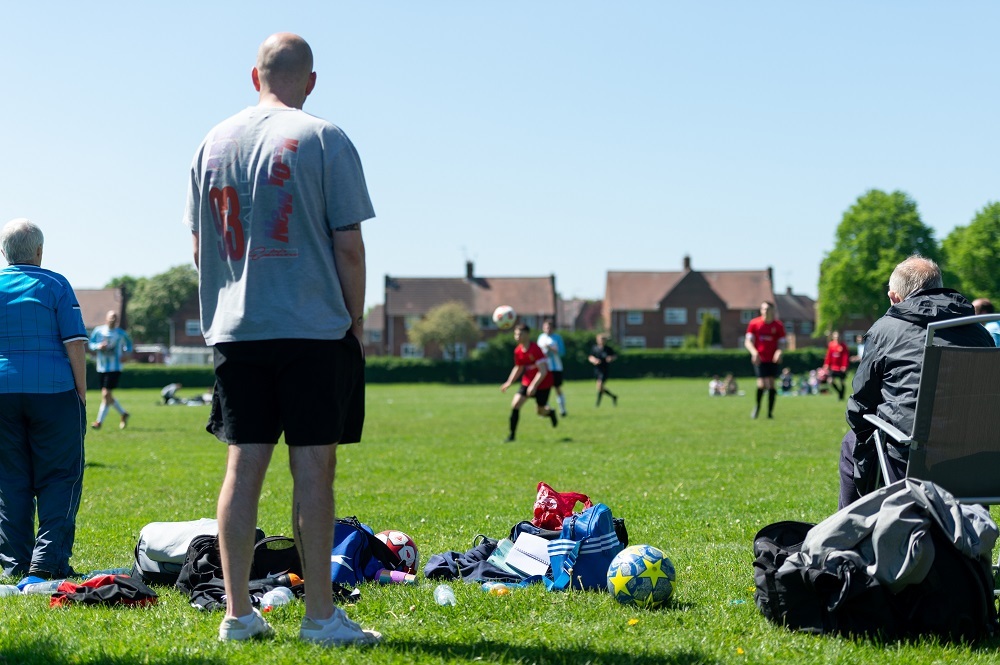Your Active Voice
Take our survey for the Lincolnshire sport and physical activity sector

A blog by Richard Bell, Active Lincolnshire Sports Welfare Manager
On 8th October we hosted Lincolnshire’s first Active Bystander in Sport training in partnership with NWG Network. This training event was organised by Active Lincolnshire following conversations with sports clubs around the county, who highlighted that responding to and dealing with difficult conversations and incidences was one of the most challenging things that clubs and welfare officers are facing.
The Active Bystander in Sport training offered a range of effective tools and intervention strategies, providing a comprehensive view of what an active bystander is, why it is important and the consequences of being a passive bystander.
Being an active bystander in sport and physical activity can be challenging; whether you are a coach, a spectating parent, a club member and/or gym goer. There are many reasons why people may not intervene. This may include social influence (others around you are sharing similar behaviours, or others are also not intervening), audience inhibition (not acting out of fear of being evaluated negatively by those around), diffusion of responsibility, fear of retaliation and pluralistic ignorance (simply thinking others have a different opinion to yourself). Whether on the field, in the changing rooms, or on the sidelines, players, coaches, and spectators all have the power to contribute to a positive sports environment. Being an active bystander means stepping up and speaking out when witnessing unfair or harmful behaviour, and is vital in fostering respect, safety, and inclusion in sports.
Has it ever happened within your club or setting where "Pass the buck" has been an issue, or there is a culture of "someone else will intervene" and therefore no action is taken? This is also known as ‘diffusion of responsibility’ as mentioned above. This can be a dangerous environment for you as staff and volunteers, but also your members and parents. With this in mind, it is important to create a positive culture, in which it only takes one person to raise a concern. This concern may be shared with others for validation or who have not had the confidence or knowhow to bring it forward, don’t wish to get involved or feel someone else will deal with it. By being the active rather than the passive bystander you are taking responsibility and empowering others to also highlight negative and/or dangerous behaviours as they no longer feel like they’re afraid to stand out from the crowd.
As discussed within the Active Bystander in Sports training, there are four stages of intervention which has been adapted from Berkowitz, A. (2009) Response Ability: A Complete Guide to Bystander Intervention, Beck & Co., p 10.
By choosing to be an active bystander, you’re not only contributing to a healthier sports culture, you’re helping to shape an environment where everyone can thrive. So next time you run a session, or are a spectator at a sports competition or event, remember the power you hold to make a difference. In sports, as in life, every voice counts.
If you'd like to get in touch with Richard to discuss Safeguarding at your club, please email him at Richard.Bell@ActiveLincolnshire.com